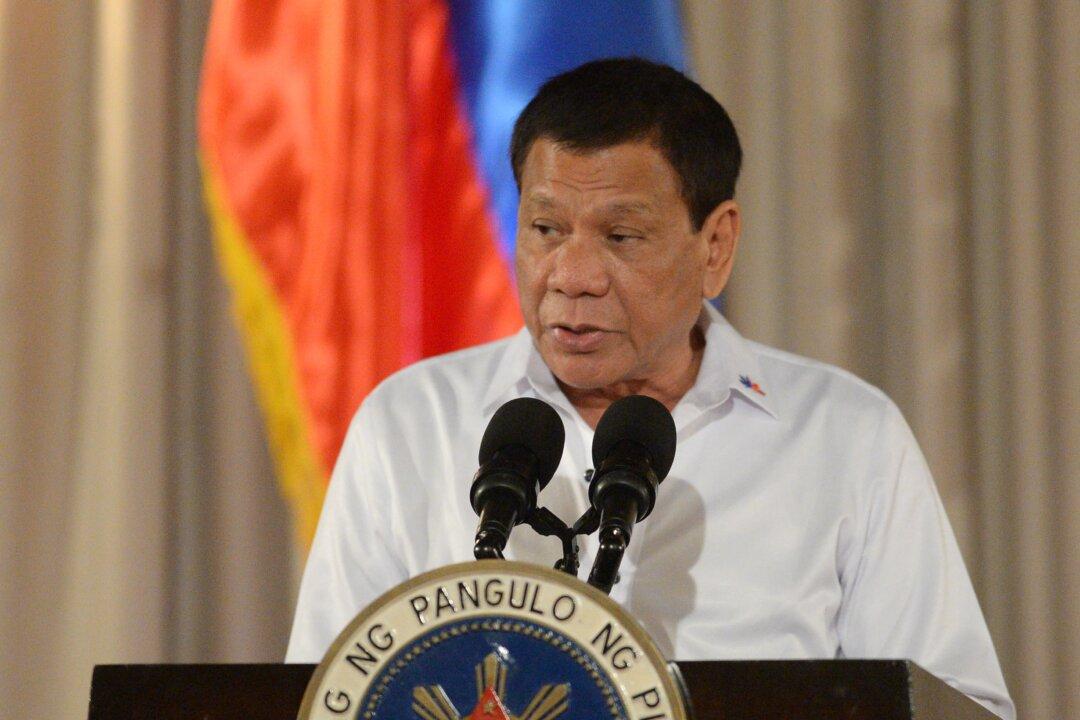Philippine President Rodrigo Duterte brushed off the possibility of forming a military alliance with China, just over a week after he announced the termination of a 2-decade-old Visiting Forces Agreement with the United States (VFA), his spokesperson said on Feb. 21.
Duterte decided to pull the plug on the troop rotation pact with the United States on Feb. 11, to enable the Philippines to be more independent in its relations with other countries, his spokesman Salvador Panelo said.





